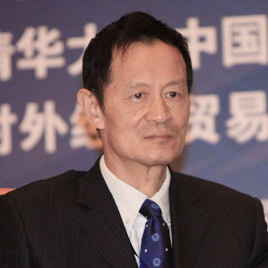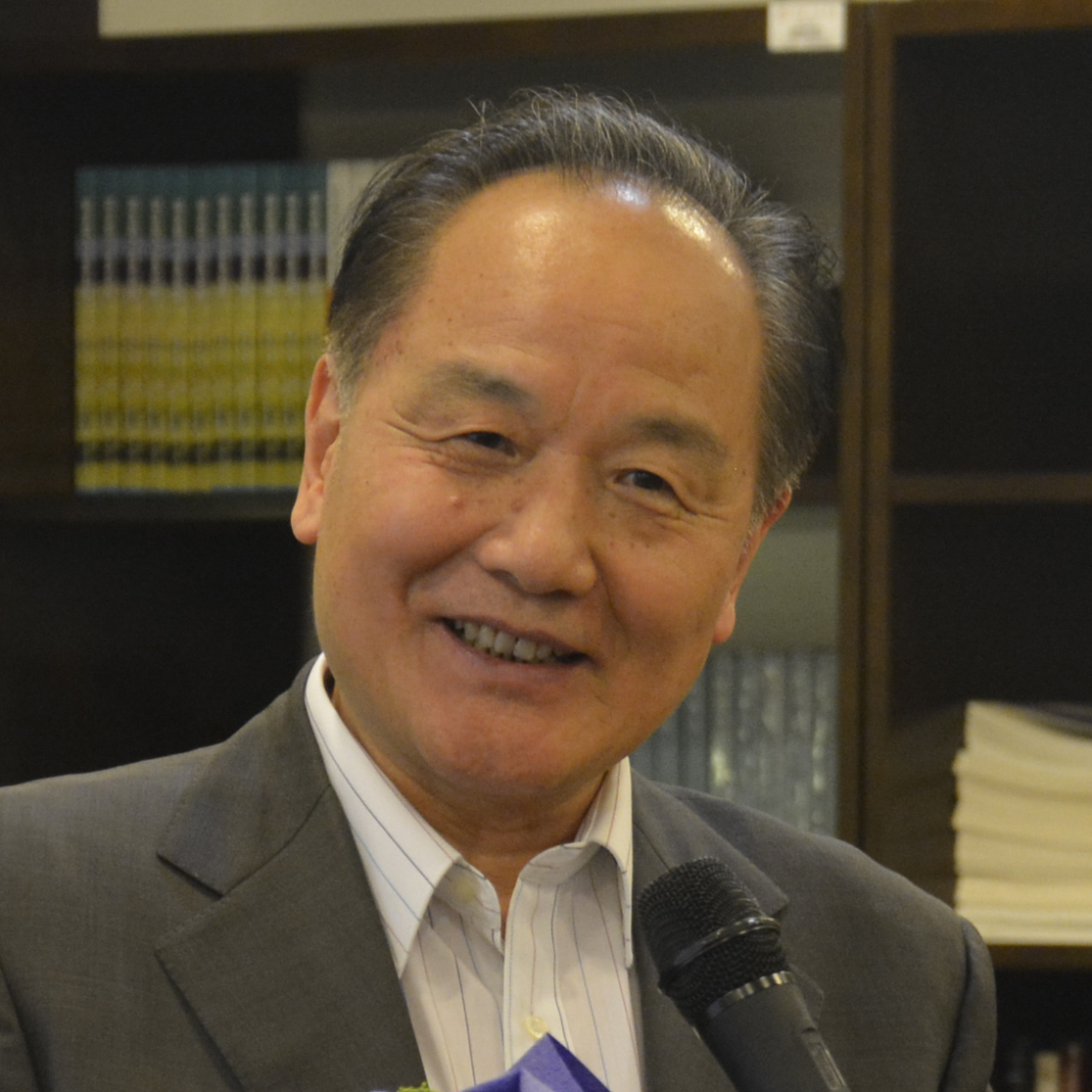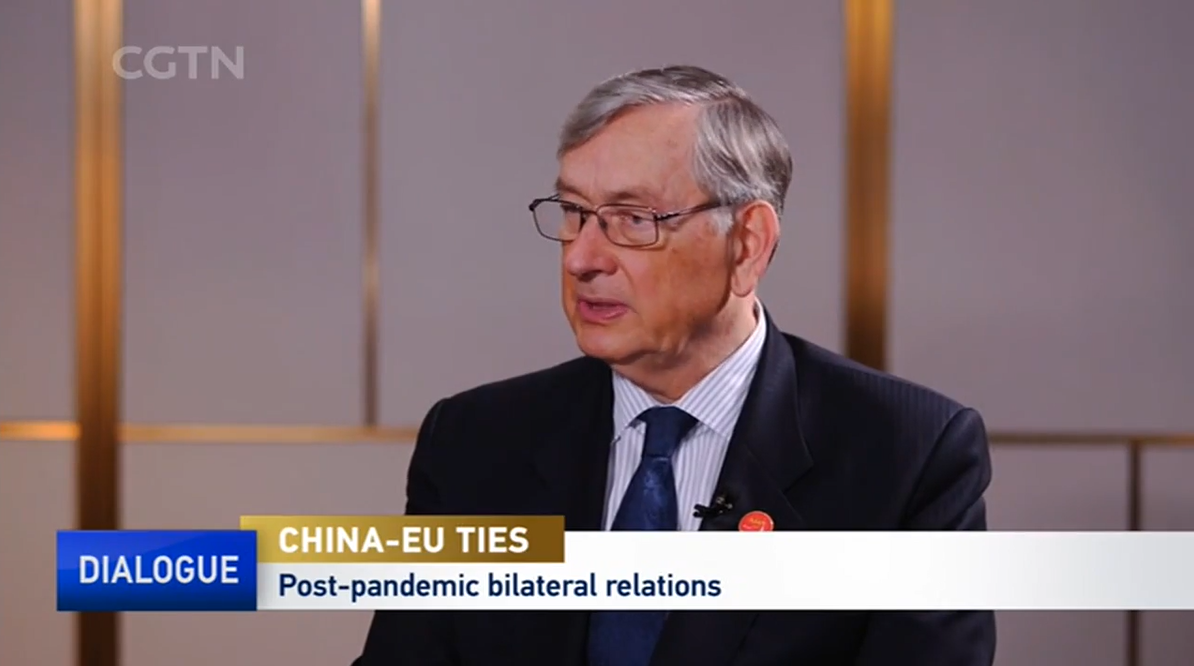Commentaries
Your Present Location: Teacher_Home> He Weiwen> CommentariesSource: Global Times Published: 2018-9-28
The widened US merchandise trade deficit in August shows that US President Donald Trump's trade war has had a negative impact on the country's economy, and more uncertainties loom for the US and world economies, Chinese analysts said on Friday.
The US trade deficit grew in August to $75.8 billion from $72 billion a month earlier, as exports of food, industrial supplies and autos declined, US Commerce Department data showed Thursday.
Merchandise exports in August stood at $137.9 billion, $2.3 billion less than in July, while imports totaled $213.7 billion, $1.5 billion more, according to the department.
According to a separate report by the department on Thursday, US orders for capital goods declined in August for the time in five months, marking a pause from solid gains in manufacturing.
Bai Ming, deputy director of the Ministry of Commerce's International Market Research Institute, told the Global Times on Friday that Trump's trade war has had a negative impact on the outlook for the US economy.
With China-US trade friction escalating, rising uncertainties is affecting the US and global economies, according to Bai.
"There is no doubt that rising protectionism hurts the world economy," said Bai.
He Weiwen, a former economic and commercial counselor at the Chinese consulates in San Francisco and New York, told the Global Times on Friday that it's hard for the US to increase exports through tariffs now.
"The Trump administration's zero-tariff plan is not feasible," He added.
The EU and Japan are basically zero tariff in certain areas, but the US has not increased exports to either market.
"For developing countries like China, zero-tariff levels are impossible at present. Under the relevant principles of the WTO, developing-country members should not implement the same low tariffs as developed members," He said.
"After the $200 billion in import tariffs take effect, the impact should be reflected in the end of the fourth quarter and the first quarter of next year. I think US will be affected more," he said.
Economists at JPMorgan Chase & Co, Amherst Pierpont Securities and Capital Economics trimmed their estimates for third-quarter GDP growth of the US.
Before Thursday's data, the median estimate in a Bloomberg survey was for 3 percent expansion.
He Weiwen is a senior fellow of Chongyang Institute for Financial Studies at Renmin University of China.

















































































 京公网安备 11010802037854号
京公网安备 11010802037854号





